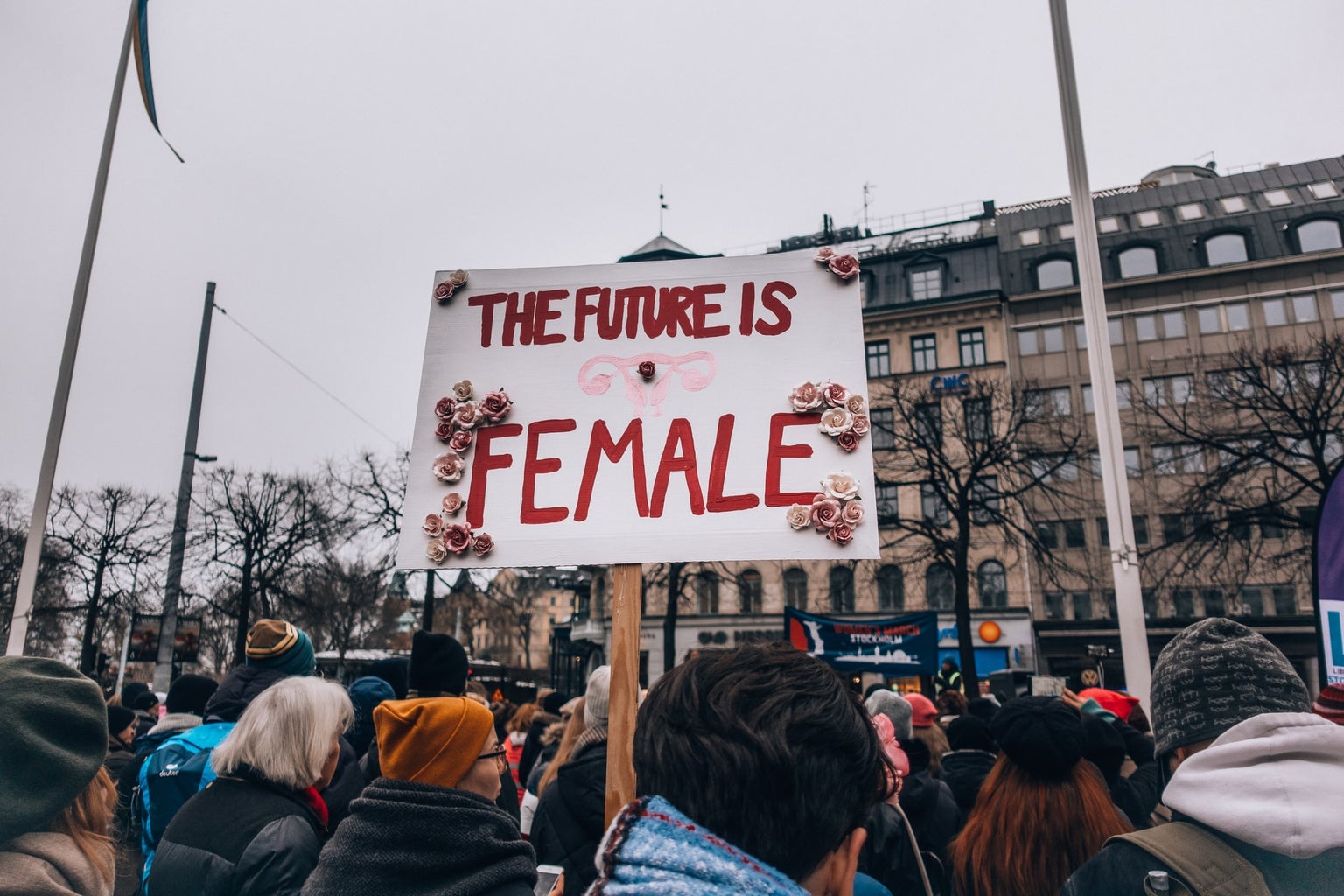Tell me if this sounds familiar: You’re scrolling through TikTok and you see a shirtless man in his 20s doing absolutely nothing. He’s just looking at the camera, maybe smiling or licking his lips, over some slowed down early 2000s pop song. The comments are full of people talking about how attractive he is, how much they want to date him, and other, less modest observations. You scroll a few times to see a woman around the same age, in a bikini, doing the exact same thing. The comments, however, are much different. Some are vile threats toward her personal safety. Some are criticisms towards her for wearing a bikini. Some call her “fat” or “disgusting.” What’s the difference?
This same concept is seen all across social media. Male celebrities are praised for talking about gender inequality while women are belittled for adding their own experiences, and jokes are “less funny” when a woman tells them. These are only a few of the hypocrisies of gender seen on the internet. What’s the difference between the exact same action whether a man or a woman does it? Why’s the world so critical of women, yet praise men for the bare minimum? It’s sexism, and it’s so embedded in our everyday life that most don’t even notice it anymore, or they’re just far too tired to care.
In America, women are frequently held to higher standards than men in terms of ethics and performance. A woman will always have to work harder than a man to gain the same level of respect. It shows through social media with the initial example of being liked for physical appearance online, as well as in careers. NPR’s social sciences correspondent, Shankar Vedantam, spoke on women’s expectations being generally higher than men’s in the workplace in the podcast All Things Considered, he said that among lawyers, when “identical infractions” are committed, “females had a 106 percent higher likelihood of being disbarred than males.”
Who remembers in 2022 when there was a study released on carbon emissions of certain celebrities and Taylor Swift was at the top? The uproar from fans, haters, and people alike was catastrophic. Notably, only Swift got backlash for her carbon emissions, even though Floyd Mayweather and Jay-Z were right behind her. Sure, her being at the top could be the reason for this, but more likely than not, it’s extra criticism and higher standards due to her being a woman. Critics also often like to stab at Swift’s dating history, accusing her of going through men unnecessarily fast, all while male celebrities like Pete Davidson and Leonardo Dicaprio have even longer lists of exes.
The same issue of inequality manifests when talking about the world of comedy. Amy Schumer is one of many female comedians who are mocked and called “insufferable” and “unfunny” by audiences. Let’s face it: A lot of her critics would find the same jokes she tells funny if they were coming from a man. She faces a lot of this backlash just because she’s a plus-size woman in a male-dominated field.
Women are repeatedly criticized for small things and expected to fix themselves to fit the patriarchal standards of what a woman is. Women always have to do more, be more, and say more to get the same point across. I’ve experienced this standard in mixed gender sports, always being told I was good “for a girl.” One can only hope that with changing times, the rise in female political figures, and more encouragement for women to take charge, things will change, and we can all be held to the same standards. Until then and past it, women will keep achieving bigger and better things, making the mark on the world that’s been needed for years.



